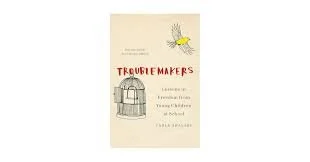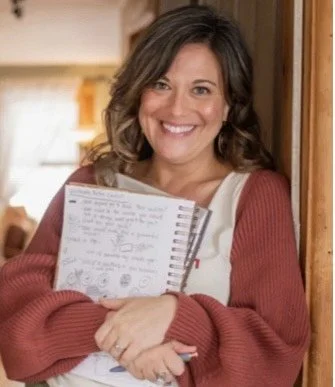Early Career Educator Community
New Dates for the 2026-2027 School Year TBD
Instructors: Karen Reinhardt and Sara Baer Farrell
Who Should Attend? Early Career Teachers in their first five years
AT A GLANCE
This course is designed for K-8 educators in their first 5 years of teaching. The learning experiences are designed to create a community of teacher-learners who support each other in solving problems of practice common to newer educators. As part of this work, participants will make sense of, analyze, and implement high-leverage teaching practices. Practices that will be addressed in class include:
Establishing and maintaining community expectations
Building respectful relationships
Implementing organizational routines
Learning about students
Eliciting and interpreting student thinking
Leading a group discussion
Setting up and managing small group work
Analyzing instruction for the purpose of improving it
With a focus on personal reflection and self-directed growth, participants will increase their efficacy in teaching the whole child, and define their core values and unique gifts as educators.
This course supports educators in their own holistic well-being as they navigate school climate/culture, the multi-faceted demands of classroom teaching, and the emotional work of being an educator. Educators will learn about the history of public education in our society and will unpack biases and patterns of exclusion that exist in our educational system and in their own classrooms, making intentional adjustments to ensure equity.
Educators will learn how to look carefully through the lens of curiosity, not judgment, when meeting challenging student and classroom behaviors. They will learn how the human nervous system and brain work in order to develop common language with students and teach and model self-regulation strategies. Emphasis will be on mindfulness practices, Zones of Regulation and meeting students’ sensory needs.
Instructors will serve as mentors and teach how to break down high impact teaching skills into specific elements that can be observed and practiced. They will also share best practices and strategies for creating an inclusive classroom community attuned to the social, emotional and academic needs of each student. Instructors will model relationship- and community-building strategies, along with pedagogical strategies throughout the course. We practice what we preach!
Between class sessions, participants will practice and reflect on their skills and their progress towards their personal learning goals. They will receive feedback from instructors through weekly journals and optional virtual office hours.
Course Methodology:
Guided self-reflection
Discussion of readings
Analysis of video clips, both commercial and of participants’ classrooms
Participation in activities educators can use in their classrooms
Modeling of community-building and teaching strategies by instructors and participant analysis of and reflection on this modeling
OBJECTIVES
Participants will:
Analyze their beliefs about teaching, learning, students, and themselves in order to refine their view of who they are as educators and what they hope to accomplish in the classroom.
Set specific goals to improve on a high-level teaching practice explored during the course through readings, class discussion, and video analysis of their own and others’ practice.
Use understanding of how the nervous system works in order to better respond to students’ sensory and behavior needs.
Learn/become more aware of their own potential biases and those that exist as part of general school culture in the U.S. Analyze how those biases impact how they interact with children, and make a plan to change their practice accordingly.
Collaborate with class members to troubleshoot common problems of practice.
Start Date (in person):
End Date (in person):
Subsequent monthly virtual dates set by participants and instructors
Times: 9:00-3:30 for the two in-person days. Virtual dates and timing TBD with participants
Location: CVEDC Classroom and virtual
Cost: $1,350 includes book $1,750 includes grad credit and book
Course Text: Troublemakers: Lessons in Freedom from Young Children at School by Carla Shalaby
Karen Reinhardt has spent the last 20 years supporting K-8 teachers and coaches to improve their mathematics practice. She has taught graduate courses, facilitated workshops, coached teachers in classrooms, facilitated lesson studies, and run video clubs where teachers analyze clips from their classrooms and troubleshoot common problems of practice. Karen has provided professional development around building computational fluency through number talks, analyzing student data using learning progressions, and building and facilitating a math workshop/math menu approach.
Sara Baer Farrell (MEd) has spent the last 21 years in education. She spent 18 of those years as an elementary classroom teacher and now supervises student teachers for St. Michael’s College. As a classroom teacher, Sara specialized in creating deep and authentic relationships with students, families and co-workers and piloted mindfulness practices in the classroom as well as play-based and nature-based learning initiatives. Sara is passionate about teaching holistically and creating nurturing and safe spaces for children to take risks and flourish. She believes that teaching with an open heart leads to profound personal growth for both students and educators alike.



